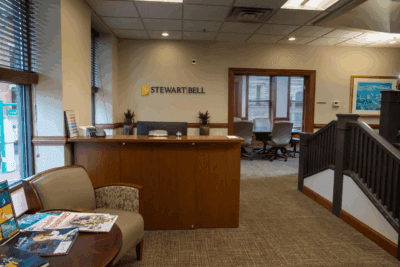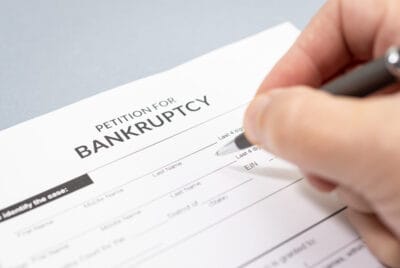
The Short Answer…
Both. In some cases, elder abuse is charged as a misdemeanor, while in others, it may be prosecuted as a felony. The distinction depends on various factors, including the severity of harm, intent, and state laws. This article will explore the factors that influence whether elder abuse is considered a misdemeanor or felony in West Virginia, the penalties involved, and the benefits of pursuing a civil case to achieve justice for victims and their families.
Key Takeaways
- Elder abuse can be classified as a misdemeanor or felony, depending on the severity of harm and intent.
- West Virginia laws outline specific penalties for both classifications.
- Civil cases offer victims and their families the opportunity to recover financial compensation.
- The attorneys at Stewart Bell, PLLC, help elder abuse victims and their families pursue justice and compensation.
What Is Elder Abuse?
Elder abuse encompasses physical, emotional, sexual, and financial abuse. It occurs when an individual—often a caregiver or family member—inflicts harm or fails to provide necessary care to an elderly person.
In West Virginia, elder abuse is recognized under state law as a crime, with definitions and penalties intended to protect seniors from harm.
Criminal and Civil Implications of Elder Abuse
Elder abuse can lead to both criminal charges and civil lawsuits. While criminal cases aim to punish offenders through fines and imprisonment, civil cases focus on compensating victims for their damages, including medical expenses and emotional suffering.
Classifying Elder Abuse: Felony or Misdemeanor?
Determining whether elder abuse is a misdemeanor or felony depends on the specific circumstances of the case. The classification of abuse depends on several factors:
- Severity of harm: Cases involving significant physical injuries or financial loss are more likely to be classified as felonies.
- Intent: Deliberate acts of harm are more likely to result in felony charges compared to cases of negligence.
- History of abuse: Repeat offenders often face harsher penalties.
Elder Abuse as a Felony
Elder abuse may be charged as a felony when the abuse results in:
- Serious physical injuries requiring medical treatment.
- Financial exploitation involving substantial sums of money.
- Death caused by neglect or intentional harm.
Felony penalties often include longer prison sentences and higher fines, reflecting the gravity of the offense.
Elder Abuse as a Misdemeanor
Misdemeanor charges are typically reserved for less severe cases, such as:
- Minor neglect without serious harm.
- Verbal or emotional abuse without physical consequences.
While the penalties are less severe, they still serve as a deterrent and acknowledgment of the harm caused.
Criminal vs. Civil Elder Abuse Cases
Elder abuse victims and their families could potentially pursue both criminal and civil cases. Here are key differences to keep in mind:
Criminal Cases
Prosecuted by the state to penalize the offender with fines, probation, or imprisonment. West Virginia law imposes strict penalties for elder abuse:
- Misdemeanors: Up to 1 year in jail and fines of up to $500.
- Felonies: Prison sentences ranging from 2 to 15 years and fines up to $5,000, depending on the severity of the abuse.
Civil Cases
Initiated by the victim or their family to seek financial compensation for damages. Victims can pursue compensation for:
- Medical expenses.
- Pain and suffering.
- Costs of relocating to a safer environment.
Why Pursue a Civil Case for Elder Abuse?
Pursuing a civil case offers several benefits, including:
- Financial compensation: Could cover medical bills, therapy, relocation expenses, and other costs. It helps ensure victims can access necessary resources to recover and rebuild their lives.
- Justice for the victim: Holds the abuser accountable in a tangible way. This acknowledgment of wrongdoing can also deter future abuse.
- Closure for the family: Provides a sense of justice and resolution. It helps families find peace and move forward after a traumatic experience.
How Stewart Bell Can Help With Your Elder Abuse Case
At Stewart Bell, PLLC, we are dedicated to seeking justice for elder abuse victims. Our experienced team can help you pursue a civil case by:
- Investigating the abuse by gathering evidence, including medical records, financial documents, and witness statements to build a compelling case.
- Building a strong case to help maximize your potential compensation by leveraging our extensive knowledge of West Virginia law and legal precedents.
- Providing compassionate guidance to families navigating this difficult process, ensuring they feel supported and informed every step of the way.
Our attorneys have decades of experience advocating for elder abuse victims in Charleston, Dunbar, Huntington, and throughout West Virginia. Our compassionate team is committed to holding abusers accountable and securing the financial compensation victims may be entitled to.
Contact us today for a free consultation and let us help you seek justice for your loved one.





